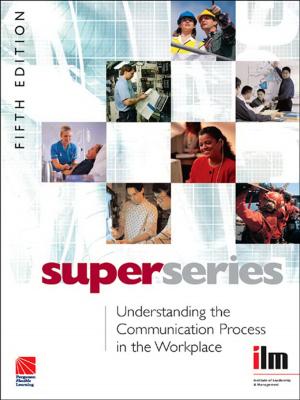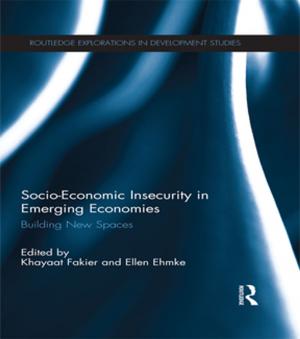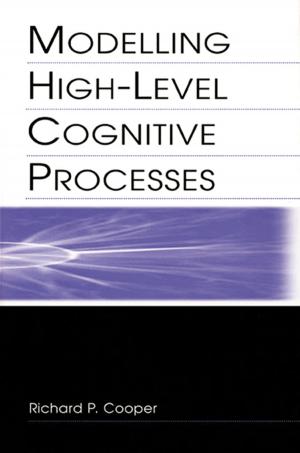| Author: | P. J. Marshall | ISBN: | 9781351121576 |
| Publisher: | Taylor and Francis | Publication: | March 14, 2018 |
| Imprint: | Routledge | Language: | English |
| Author: | P. J. Marshall |
| ISBN: | 9781351121576 |
| Publisher: | Taylor and Francis |
| Publication: | March 14, 2018 |
| Imprint: | Routledge |
| Language: | English |
This book, first published in 1968, is a study of the impact made on Britain by the conquest of large parts of India in the second half of the eighteenth century. The sudden success of the East India Company in subjugating a vast population with a sophisticated civilization created problems of an unprecedented kind for Britain. It raised in an acute form questions about the scope and limits of state action, the rights of chartered bodies, the duties of conquerors to subject peoples, the appropriateness of exporting western ideals and concepts of law and government to Asia, and the manner in which the resources of the East could best contribute to Britain's power and wealth.
These and similar topics were discussed at length in Parliament, the press, books and pamphlets, and in the correspondence of private individuals. A selection of this material, drawing on a wide and varied range of printed and manuscript sources, has been made to illustrate the arguments used in this debate and the manner in which solutions to some of the problems were gradually worked out over a period of more than fifty years. By 1813, after much trial and error, the outline of the political, administrative and economic links which were to bind India to Britain for much of the nineteenth century are already visible.
This book, first published in 1968, is a study of the impact made on Britain by the conquest of large parts of India in the second half of the eighteenth century. The sudden success of the East India Company in subjugating a vast population with a sophisticated civilization created problems of an unprecedented kind for Britain. It raised in an acute form questions about the scope and limits of state action, the rights of chartered bodies, the duties of conquerors to subject peoples, the appropriateness of exporting western ideals and concepts of law and government to Asia, and the manner in which the resources of the East could best contribute to Britain's power and wealth.
These and similar topics were discussed at length in Parliament, the press, books and pamphlets, and in the correspondence of private individuals. A selection of this material, drawing on a wide and varied range of printed and manuscript sources, has been made to illustrate the arguments used in this debate and the manner in which solutions to some of the problems were gradually worked out over a period of more than fifty years. By 1813, after much trial and error, the outline of the political, administrative and economic links which were to bind India to Britain for much of the nineteenth century are already visible.















